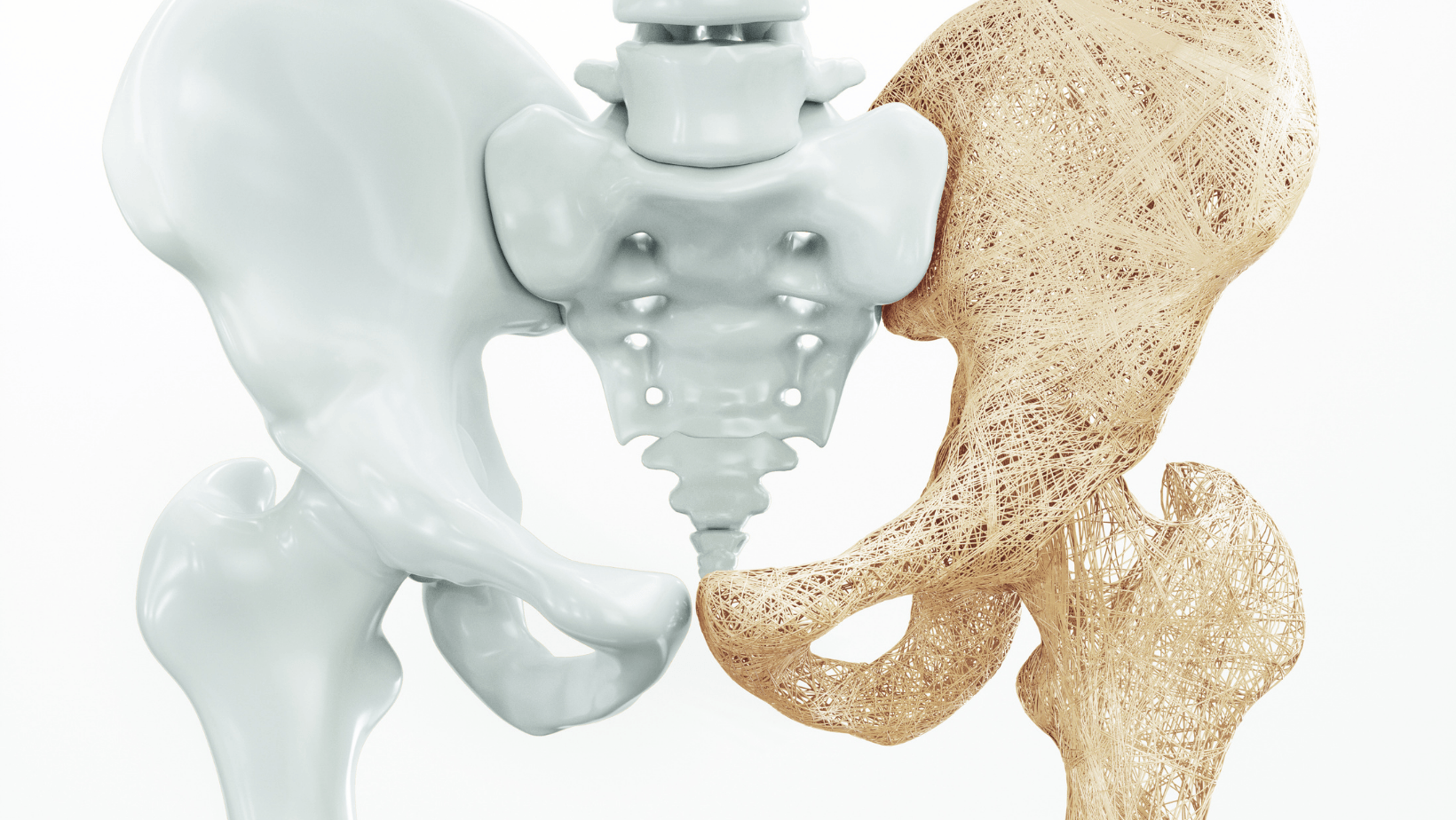Cough - Symptoms, Causes, and Treatment - Avicenna Health
Cough
Patient History:
Have you ever suffered from a chronic cough that never goes away?
Do you often think about the reason behind this bothering condition?
Have you ever been wondering what kind of drugs you should take? Or what type of treatments can help you relieve the cough?
If you have ever been asking yourself one of these questions, you should go ahead and read our new article about the cough.
Definition of cough:
Cough: is a normal reflex that helps clear your airway. It is often a response to irritating.
Coughing also helps dispose of phlegm and other substances that may block your airway and keep you from breathing.
However, it may often be a primary symptom of pulmonary, cardiac, or even digestive tract disease like gastroesophageal reflux disease (GERD), as an example.
How much time does it last?
A cough is often classified into one of three categories:
- A cute cough: lasts about three weeks.
- Subacute cough: often lasts between 3 to 8 weeks.
- Chronic cough: usually lasts more than eight weeks.
Accompanied Symptoms:
There is a wide range of symptoms that can be accompanied by cough like:
- Runny or stuffy nose, especially in flu or common cold
- Sore throat
- Postnasal drip
- Hoarseness
- Difficulty breathing
- The cough itself may be productive; its product can be green, yellow, or bloody
- Wheezing
- Fever
- Fatigue
- Heartburn which often refers to gastroesophageal reflux disease (GERD)
- Congestion with Swollen or watery eyes can refer to an allergic condition
Causes:
Conditions that are related to the respiratory tract are most common (especially respiratory infections), such as:
- Common cold
- Asthma
- Chronic obstructive pulmonary disease (COPD)
- Bronchitis or bronchiolitis
- Covid-19
- Pneumonia
- Sinusitis
- Sarcoidosis
- Tuberculosis
Other causes that are related to cardiac or digestive tract diseases are less common, but they should be put into consideration, like:
- Congestive heart failure (CHF)
- Gastroesophageal reflux disease (GERD)
Other causes may include medications' side effects such as angiotensin-converting enzyme inhibitors (ACE-I) and irritants like smoking and perfumes.
When to see a doctor?
You may need to call a doctor if your cough does not get better after three weeks or even worsen.
Other accompanying signs and symptoms that require a medical consultation include:
- Wheezing
- Difficulty breathing
- Chest pain
- Coughing up blood
- Coughing up green, yellow or bloody phlegm
- Heartburn
- Swollen neck
- Weight loss
- Fever
And, of course, if you have a cough that keeps you from sleeping.
Diagnosis:
The patient's history and good physical exams are essential for heading into a proper diagnosis.
Cough causes are widely ranged so that there are so many tests that can be performed to confirm the diagnosis.
Blood tests are often required routinely, while imaging procedures like x-ray or CT scans may be necessary if the doctor suspects a respiratory tract disease like pneumonia as an example.
Sputum tests can also play an essential role if the leading cause is an infection.
Other tests may be needed:
- Allergy tests
- Lung function tests
- Acid reflux tests (PH)
Management:
The most crucial step toward healing is having the correct diagnosis.
And, of course, good management is by treating the cause, not the symptom. So a doctor often has a lot of treatment plans depending on the grounds, for example:
- respiratory tract infection may need prescribed antibiotics
- gastroesophageal reflux disease (GERD) patients are often given proton pump inhibitors (PPIs)
- allergic condition may only need to avoid the triggers, while some patients may feel better by using antihistamines drugs
- drugs-induced cough may require stopping the drug or using an alternative one with fewer side effects.
- Inhaled bronchodilator for asthma cases can help you feel better
The healing process may take time, so patients may ask to be given relievers to help them hold against the cough.
In this case, home remedies like drinking hot fluids or having a honey spoon may help relieve the condition.
Over-the-counter medications, whether it was syrup or tablets, also can comfort the patient.
And remember, if you have any concerns about non-emergent health conditions, you may schedule a telemedicine consult with the Avicenna Health provider for an individualized consultation.
References:
- mayoclinic.org
- webmd.com
- medscape.com
- nhs.uk
- medlineplus.gov
- emedicinehealth.com
- osteopathy.colganosteo.com













